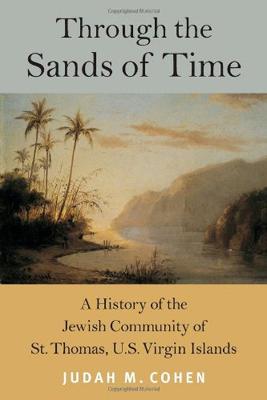Brandeis Series in American Jewish History, Culture and Life
1 total work
In 1796, the Jews of St. Thomas founded the first Jewish congregation on this Caribbean island. By 1803, new arrivals from England, France, and the neighboring islands of St. Eustatius and Curacao increased the original number from a handful of congregants to twenty-two families. Their small synagogue was destroyed by fires and rebuilt several times. The congregation numbered sixty-four families by the time the present synagogue was erected in 1833. It is by now the oldest synagogue in continuous use under the American flag. The congregation was also among the first to receive copies of the new West London Reform liturgy when it came out in 1841 and the first in this hemisphere to hold a Jewish confirmation ceremony, two years later. In addition, the St. Thomas Synagogue has produced its own unique religious literature relating to hurricanes! While the synagogue has served for over 200 years as a central religious and social gathering place, the Jews of St. Thomas have been highly mobile members of a progressive, cosmopolitan society that at times rivaled any in the world. As an accepted part of the larger community, members were accomplished, model citizens in a highly tolerant Danish colonial society. Jews took positions in government, served as auctioneers, participated in the local Masonic lodges, and represented other countries as consuls in St. Thomas. As traders in a mercantile culture, the Jews contributed to the activity of one of the world's busiest harbors and played a crucial role in St. Thomas's nineteenth-century rise to prominence in the northern Caribbean.
